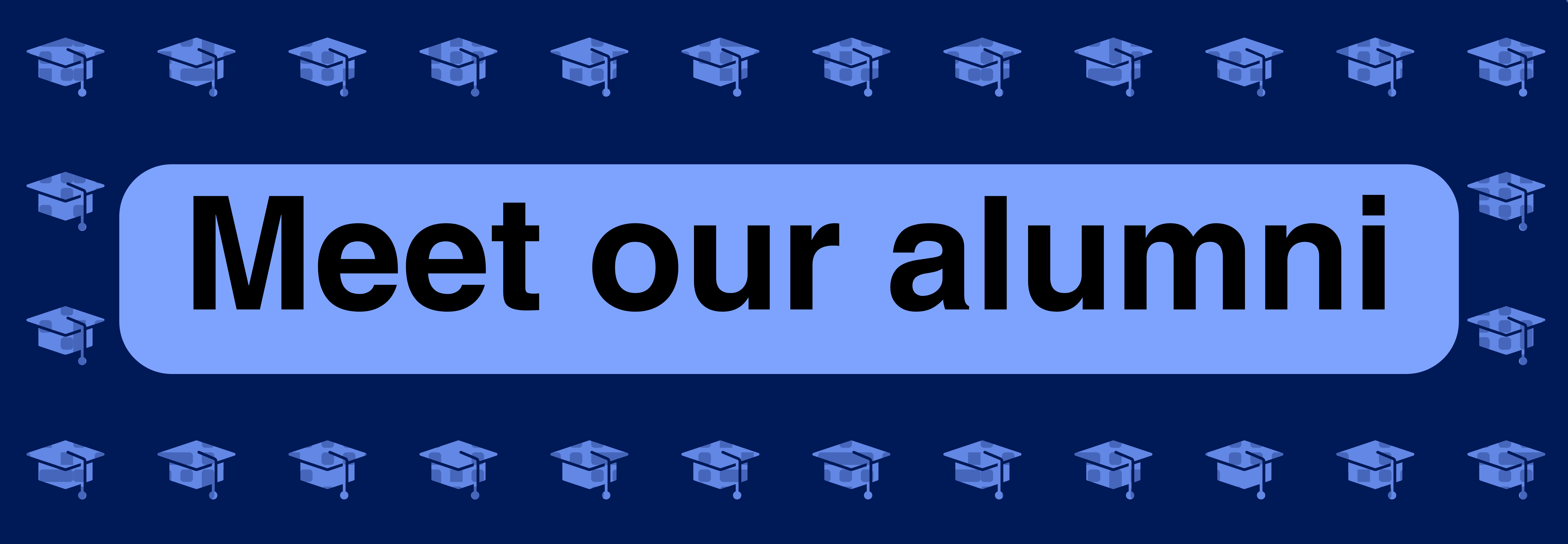Meet our alumni: Tristram Fenton-May
Posted: 1st June 2023

Tristram is now Vice President of Engineering at Deriv, one of the world’s largest online brokers. He talks about how his course work at the Department of Computer Science helped his career.
What course did you study here and when?
I matriculated in 1997, starting Maths and Computation, then switched to straight Computation after mods (first year exams) in the summer of 98. After completing my undergraduate degree I went on to a DPhil. The title of my thesis was ‘Parallel and Hardware Implementation of Collision Detection Algorithms’.
What was your background before that?
Before Oxford I lived in South Wales, near Cardiff. I did my A-levels at Bishop of Llandaff in Cardiff.
What attracted you to studying Computer Science as a subject?
When I was a child my dad got an 8 bit computer, and wrote some simple games in BASIC which he gave to me for Christmas (on a tape) when I was about 5. Whilst I enjoyed playing them, learning how to write my own fascinated me more - one of my early memories is waking my dad up to ask how FOR loops work. School at that time didn’t teach any programming until A-level – so I taught myself C and X86 assembly from books.
What aspects of the course you studied here did you particularly enjoy?
I really enjoyed being able to focus on Computer Science, and particularly enjoyed the architecture course where I learned the low-level details of how computers worked. However, as interesting as the course was, one of the best aspects of studying in Oxford was meeting other people interested in computers. On the first day I met a fellow Computer Scientist and talked about the source code for Wolfenstein 3D, which had recently been released – we ended up doing a 3rd year project together implementing Wolfenstein 3D in hardware without a traditional load-fetch-execute microprocessor architecture. We are still good friends, and I made many life-long friends at university.
What did you do when you left Oxford?
Whilst I was finishing my DPhil I did a bit of consulting for a company who made solutions for truck companies. This included selling hardware for remote tracking using GPRS (a fairly new concept in 2003) and providing the data via SAAS. The contracting grew, and after I finally completed my DPhil I started working for them full-time. It was a small company and I did a mixture of software and firmware for the devices we installed in vehicles. I was amazed when I was invited to observe a board meeting around 2005 and the first item on the CTO’s agenda was ‘migrate to linux’ – something I had suggested to my boss a few weeks earlier.
How has the course you studied here helped you in your current career?
Whilst I have not written down an invariant very often, my theoretical computer science background has given me a great foundation to work from. During the course it seemed crazy that we learnt esoteric languages, but I rapidly learnt that specific languages come and go, and the understanding of the principles of language are much more important than any specific language. Many companies realise this, and when hiring people for the long term look more for deep understanding than specific buzzwords (of course buzzwords are important to HR and recruitment consultants!).
What advice would you give to current students on applying their knowledge in the workplace, when they leave university?
I think that a computer science background is a very useful foundation – I don’t think you really need to go out of your way to use it. Once you learn the principles it is like riding a bike – every decision you make will be improved by the deep understanding of the problem space. In some cases, like implementing complex algorithms, or making architectural decisions this is obvious – but even when doing less obviously mathematical tasks, such as building front end websites, the foundations still show through in decisions about how to implement things.
What would the student you have thought about what you are currently doing – would you have been surprised, proud, amazed?
I have just left my role in the company that I contracted for during my doctorate (having been through a few mergers) and been the Vice President of Architecture and Chief Technology Officer. My new role which I will start shortly is in FinTech. I would never have imagined that my ‘bit of contracting’ would turn out to last over two decades!
